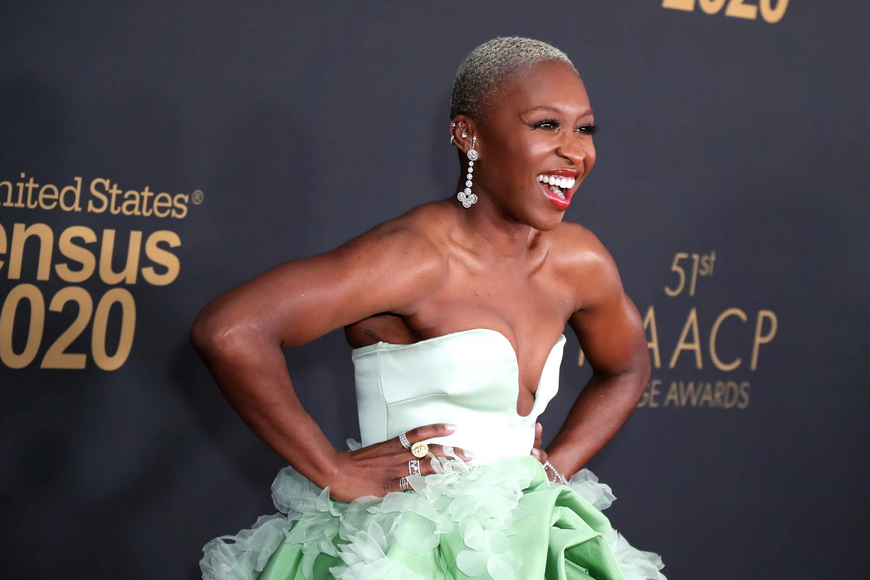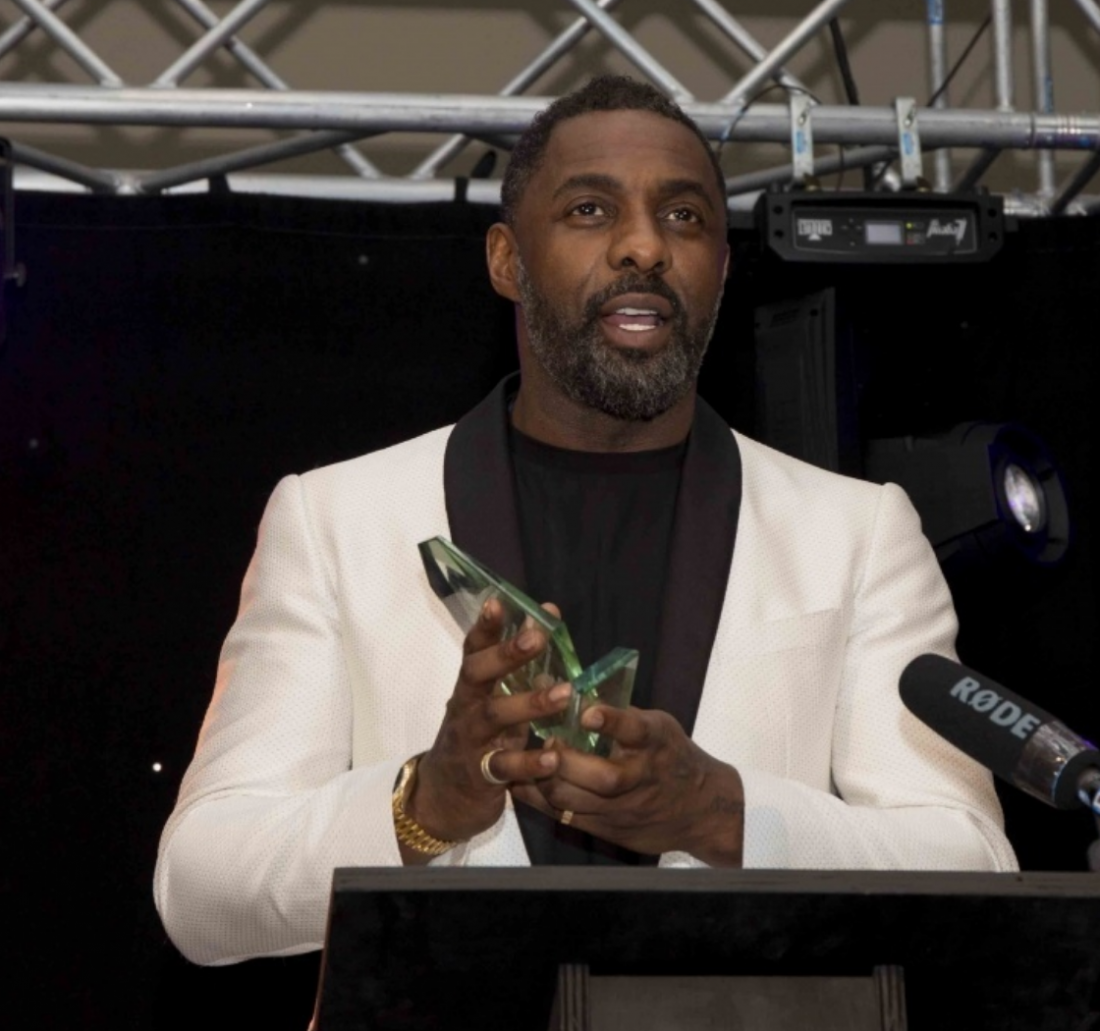In the wake of this year’s award season where once again the now familiar hashtags #OscarSoWhite and #BAFTASoWhite were trending again, Oliver Taylor takes a look at why we need to show more love to the awards platforms that are created by us, for us.

“I felt like it didn’t represent people of colour in the right light. It felt like it [BAFTAS] was calling on me as an entertainer, as opposed to someone who is a part of the world of film.” Cynthia Erivo’s explaining why she would not be performing at the 2020 BAFTA awards spelt out the case for why we need to turn to the spaces that celebrate us unconditionally.
While the mainstream carries on addressing their issues with diversity and inclusion, we need to focus more energy on the spaces that celebrate us.
The recent #BAFTAsSoWhite furore saw not a single person of colour nominated in the acting categories for an award. Isn’t it about time that we lean into platforms like the Screen Nation Film and Television Awards, now in its 15th year, or the MOBOs and the Black British Theatre Awards in the UK? Across the pond, the NAACP Image Awards, which held its 51st ceremony on 23 February 2020, has more than ten acting awards to hand out individually for people of colour. Award ceremonies like the NAACP Images awards and American Black Film Festival (ABFF) in the US, all honour outstanding performances by Black people and are incredibly important for us and grew out of a need to celebrate ourselves.
Charlie Brinkhurst-Cuff, head of editorial at gal-dem, put her finger on the problem in the industry:
“We have black awards shows because Black people – even Beyoncé – get overlooked for awards time and time again. We have BAME book awards such as the Jhalak prize because out of thousands of titles published in 2016, fewer than 100 were by British people of colour. We have magazines written by women of colour because journalism is still 94% white and 55% male. We have Black History Month because our history is often not a part of the curriculum. And we have black feminist festivals because racism against Black people and sexism against women are still ingrained in ex-colonial countries such as France and the UK. Until that changes, there can be no comparison with the concept of a “whites only” space.”
And that was three years ago, and not much has changed in Hollywood. This is why we have put together five reasons why it is essential that we better support awards that cater for us, and by us.
It’s about us
Let’s face it, mainstream awards sometimes recognise our work and show us some love, but it’s still too rare. We think it’s time to reframe the mainstream. The network is there; the numbers are there; we just need to continue to coordinate our efforts and expand. Some claim that Black awards do not necessarily have the same level of influence in terms of one’s career, like the Oscars. However, that’s likely because casting directors are typically white, and the film industry is set up around a white framework. However, times are a ‘changing! There are increasing numbers of Black talent working in Hollywood, both behind the scenes and in front of the camera. It’s only a matter of time before we see even more value placed on winners and nominees of Black award.

It all adds up
Celebrating Black awards means that we give out more recognition and accolades. Another plus is that Black journalists and publications are less likely to be side-lined at the awards as they often are at the moment. Having our own awards shows equals more opportunities for Black news, Black music, Black film, Black theatre and many more spheres of Black entertainment. It’s creating jobs, generating wealth to put back in the industry.
It’s extra special
Award shows are exciting and affirming, for the winners, and also the givers. To receive an award is hugely honouring, and bestowing an award is as rewarding if not more rewarding, and this combined giving and receiving ritual is doubly honouring. It leaves more of us feeling a little more excited and acknowledged for our efforts.
We’re already doing it
Awards celebrating Black people is nothing new. As far as we’re aware, the oldest is the NAACP Awards in the US, which has been honouring actors, musicians and writers since 1967. In the UK, the MOBO Awards, honouring achievement in “music of Black origin” was first broadcast in 1996, almost 25 years ago. The first-ever Screen Nation Film and TV Awards was held in 2003, the most similar to the NAACP awards in the UK, is approaching 20 years. The Black British Theatre Awards, set up to honour Black performers and creative talent in British Theatre, is a new creation with its inaugural event taking place only last year. This history shows us what we’ve been capable of, and what more we’re capable of.
If we don’t, who will?
That classic quote, “if not us, who? If not now, when?” couldn’t be more relevant to this conversation. In a recent Sirius XM interview, Michael B. Jordan star of Just Mercy, which won Outstanding Motion Picture, Outstanding Actor (Jordan) and Outstanding Supporting Actor (Jamie Foxx), said “We have the tools to save ourselves. We just have to lean into that and not expect anything to be given to us. We have to take a stance and support one another.”
Waiting for recognition, representation and proper treatment in mainstream awards could be demoralising and a long time coming. In many other areas of interest Black people have gotten tired of waiting for a seat at the table and built our own. Isn’t it time we start to support the platforms we already have and create more that proactively reward and recognise our talents?












